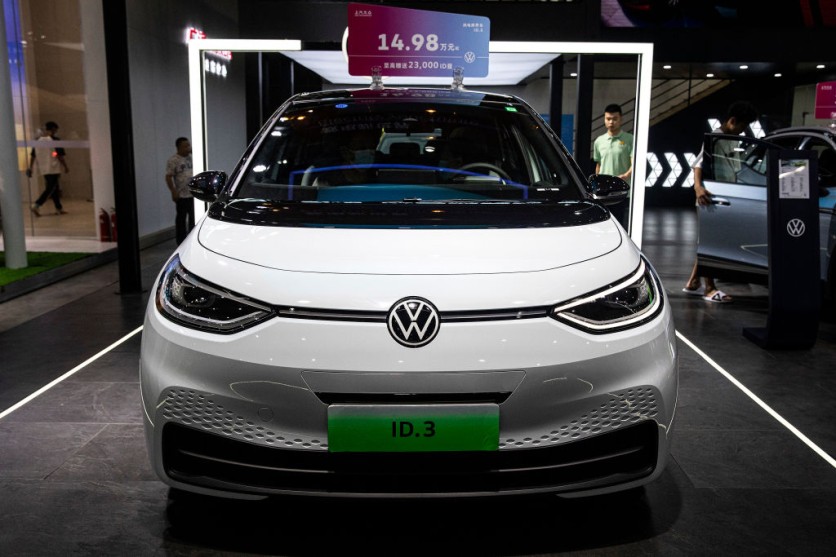Volkswagen AG and Mercedes-Benz Group AG have struck a deal with Canada to to reduce difficulties related to tariffs and tax regulations and to shorten supply chains for its facilities in the US, as reported by Bloomberg.

The deal enables the two companies to secure their access to raw materials like cobalt, nickel, and lithium for Electric Vehicle (EV) battery production. Germany and Canada are planning to work together in areas such as critical raw materials.
VW and Its Plans
The move by VW has been promoted also by the new rules of the US President Joe Biden signed into law week. It is the Biden administration's Inflation Reduction Act that will let consumers get as much as $7,500 in tax credits for EVs if manufacturers meet new content requirements. The minerals should be extracted from or processed in countries the US has a free trade agreement with.
VW, and its battery business PowerCo are working to speed up their battery activities. Additionally, Mercedes and Stellantis NV are also on a mission to make batteries.
VW is planning to build six facilities in Europe, while Mercedes joined Stellantis in a 7-billion euro battery venture, and is pursuing eight facilities all over the world.
The Canadian Governmen will hold a virtual press conference with VW "to announce an greement to jointly advance electric mobility in the country," as reported by Collision Repair Mag.
The goal of these carmakers is to ease a predicted battery shortage by supplementing suppliers with its own production. VW is also looking at sites for a US battery facility that cn supply packs to their auto plant in Chattanooga.
Also read: Volkswagen Unveils 'Flying Tiger' - An All-Electric Aircraft With Range of Up To 200km!
Mercedez Benz AG Continues to Expand
Recently, Mercedes Benz announced an expansion of their battery supply partnership with CATL, a Chinese company. The two companies have been working together since 2020, and the automaker will be the first partner to get battery cells from the upcoming plant in Hungary with the "largest initial order volume," as reported by InsideEVs.
In July 2021, Mercedes-Benz announced that they would like to go fully electric by 2030. With a high volume of batteries necessary, it is expected to be provided by eight local lithium-ion battery plants that means 25 gWh per factory on average.
On the other hand, CATL's plan in Hungary is expected to provide battery cells for the next-gen Mercedez-Benz models.
Related article: The Mercedes-Benz Vision EQXX EV Now Boasts 750 Mile Ride Capabilities on a Single Charge
This article is owned by Tech Times.
Written by: April Fowell
![Apple Watch Series 10 [GPS 42mm]](https://d.techtimes.com/en/full/453899/apple-watch-series-10-gps-42mm.jpg?w=184&h=103&f=9fb3c2ea2db928c663d1d2eadbcb3e52)



